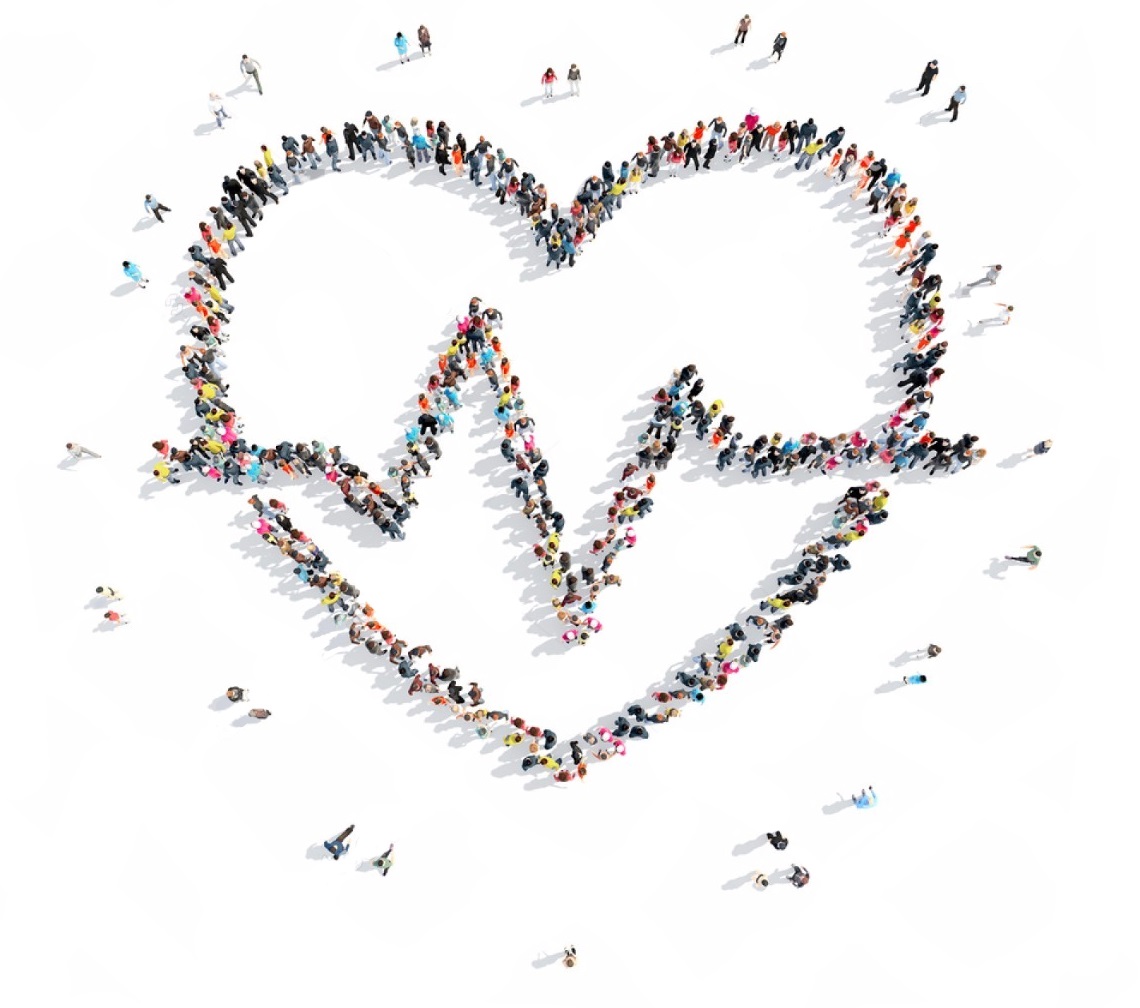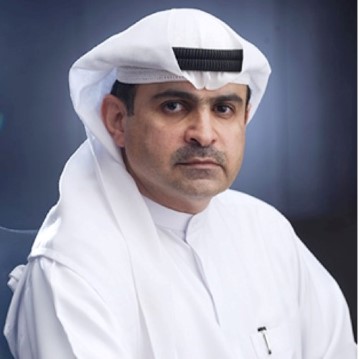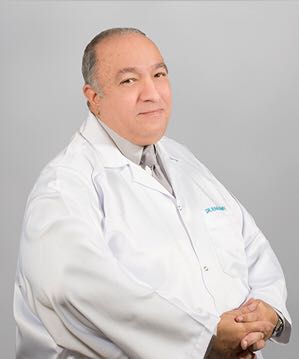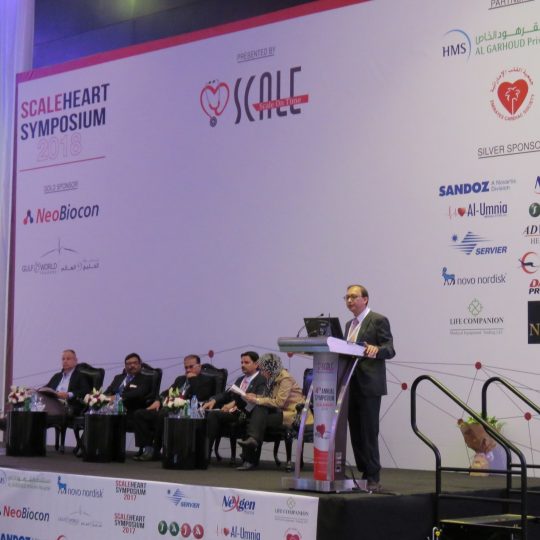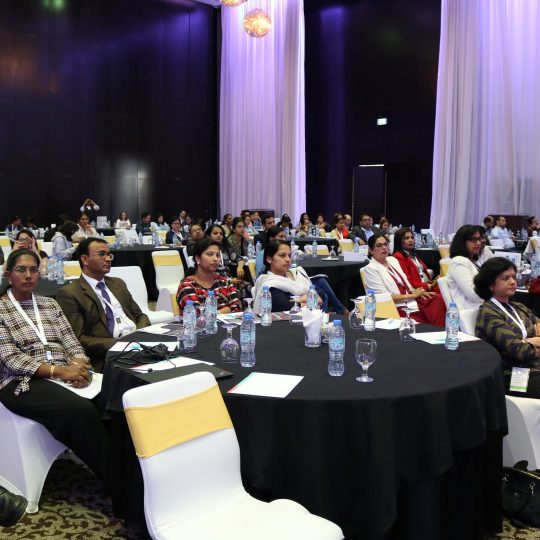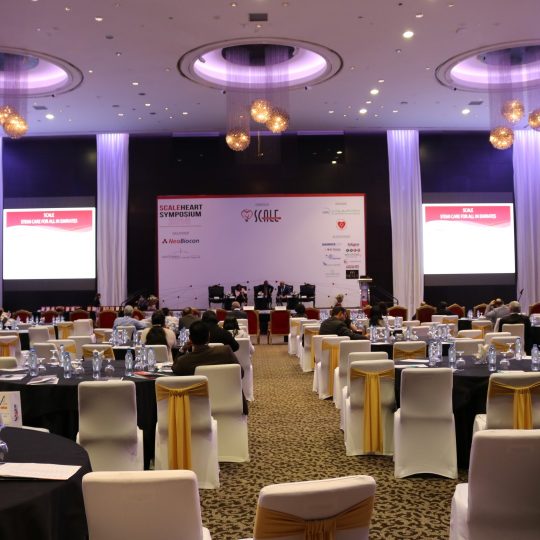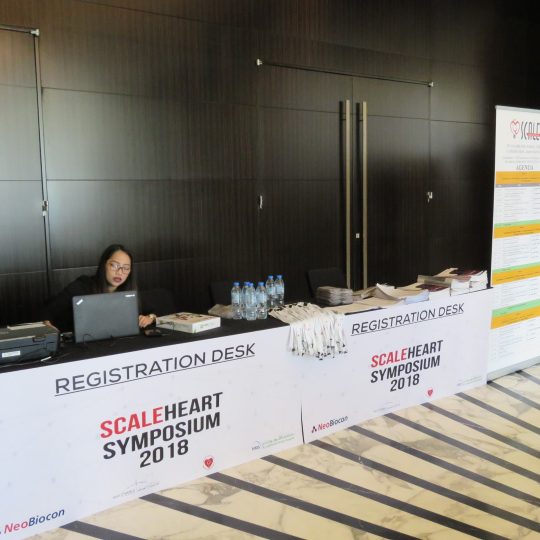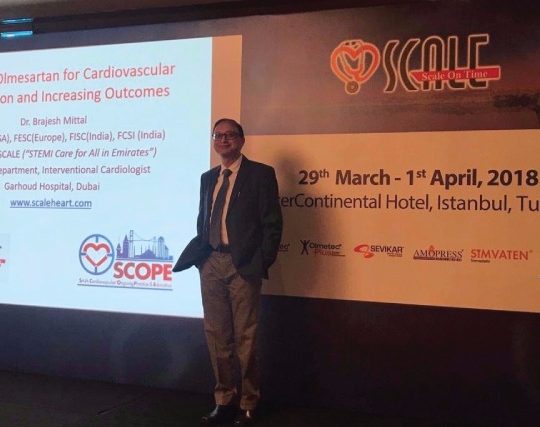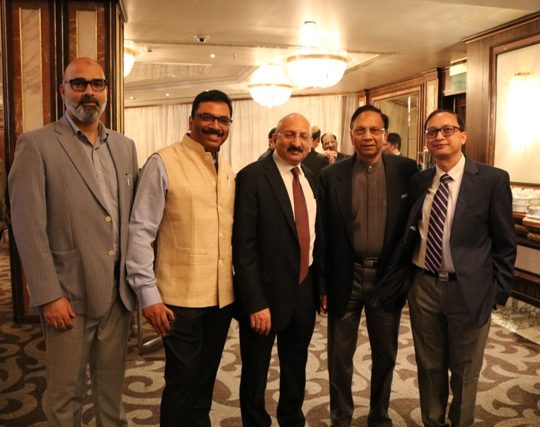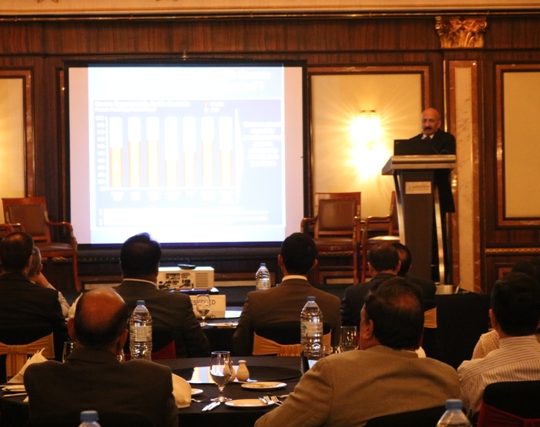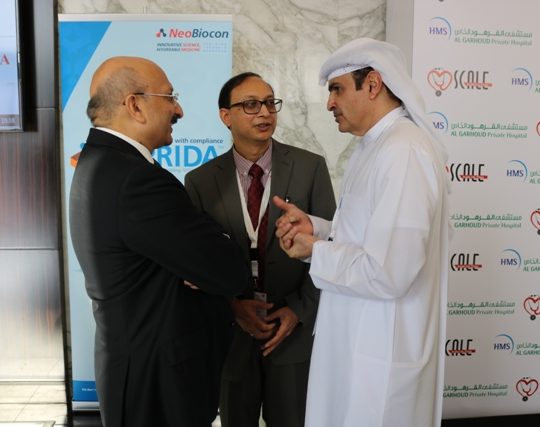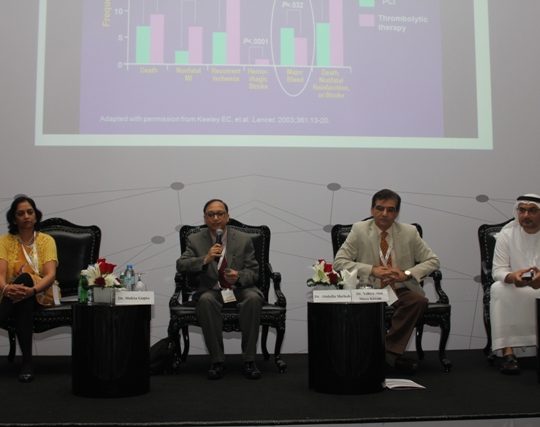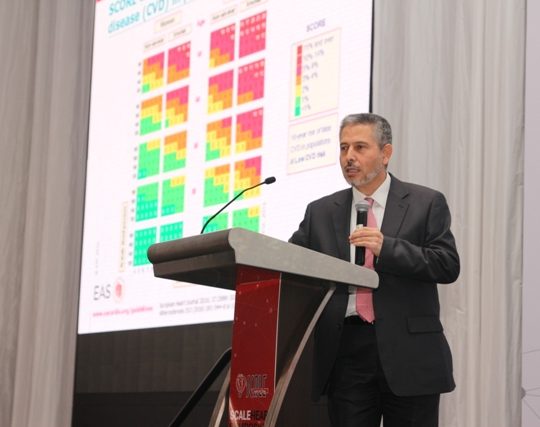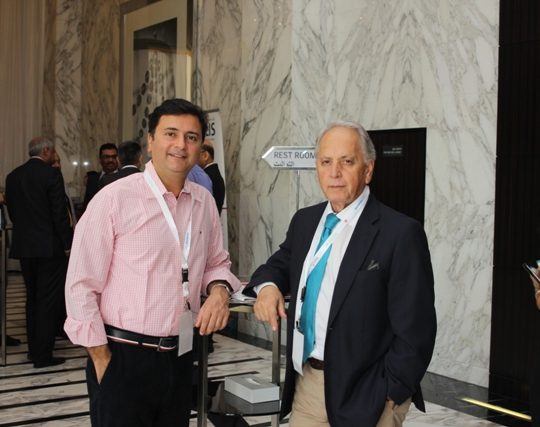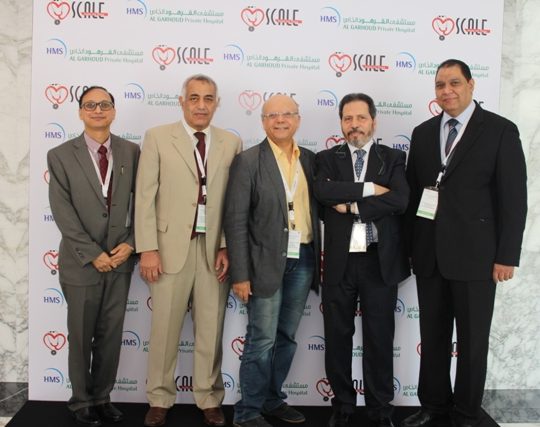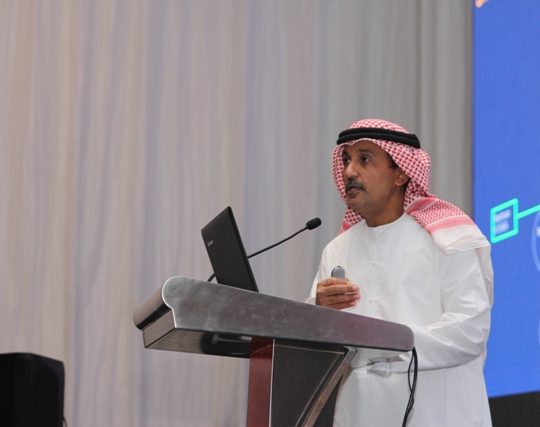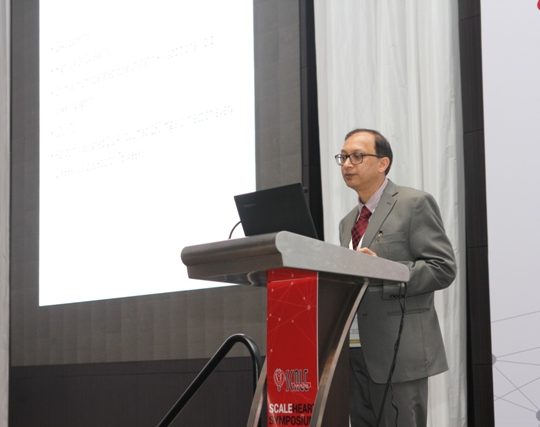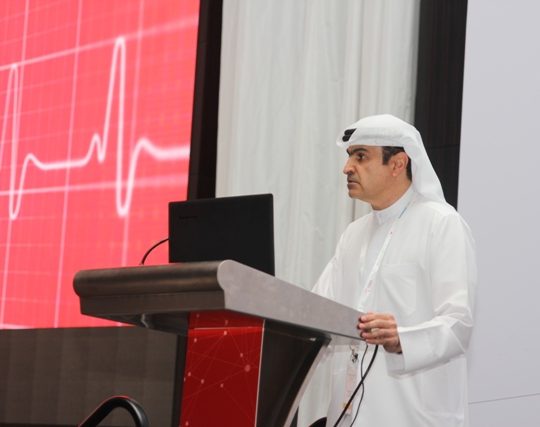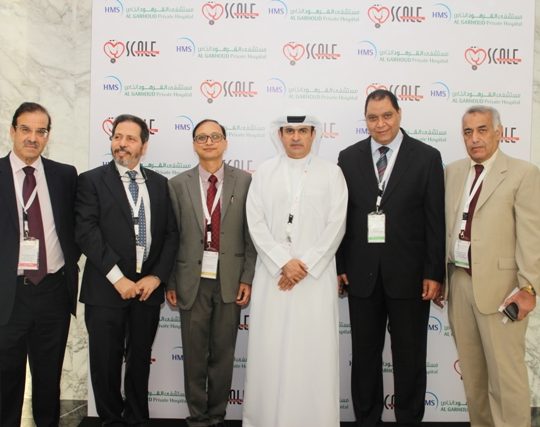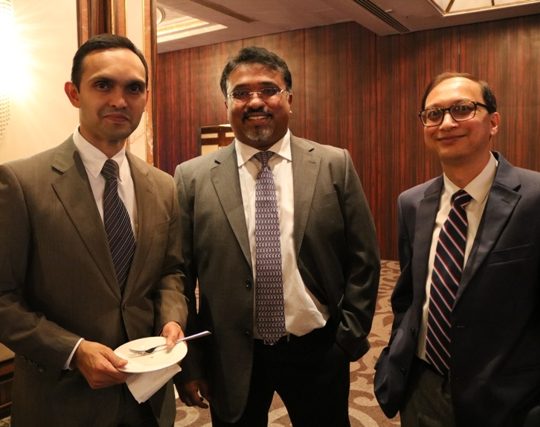DO NOT DRIVE TO HOSPITAL
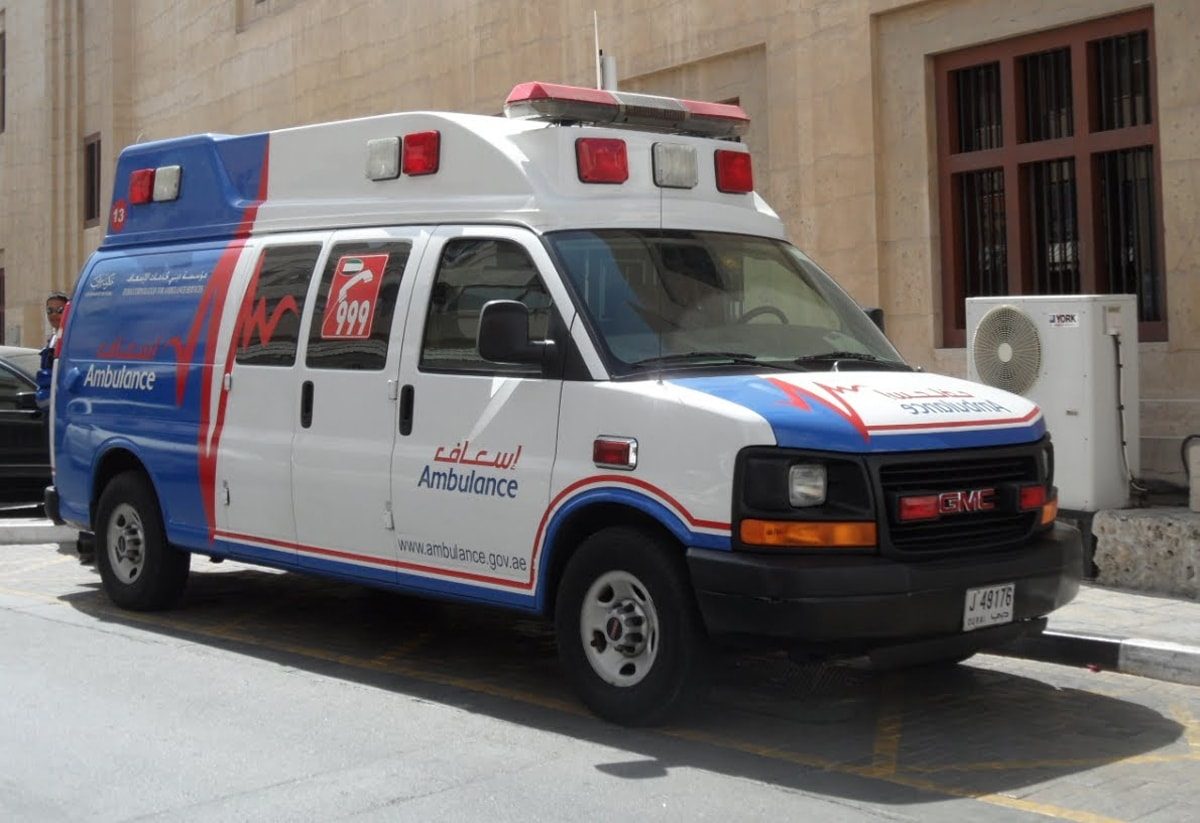
Call 999 if you suspect you’re having a heart attack instead of trying to drive to a hospital, a senior cardiologist said on the sidelines of the Scale Heart conference in Dubai on Friday.
“In the UAE, delays start from the patient’s side. Patients are reluctant [to go to the hospital]; they are in denial,” Dr Mittal said.
The conference, being held under the patronage of Sami Dhaen Al Qamzi, director-general of the Department of Economic Development-Dubai, seeks to help health care professionals from across the country understand how to eliminate delays in treating heart attack patients.
Driving to a hospital is also a risk to other motorists as patients having a heart attack usually lose consciousness or become dizzy.
Once in the hospital, removing delays in treating heart attack patients is also crucial. Promptly doing an electrocardiogram, correctly interpreting the results, and performing the correct strategy to treat the patient are also key.
Removing the blockage in the artery as quickly as possible is crucial. Waiting out treatment could cause more heart muscles to die.
A heart attack occurs when the flow of oxygen-rich blood to the heart is blocked causing the heart muscles to die. Dead heart muscle, or tissue, leaves a scar, which interrupts the coordinated muscle action needed to pump blood.
Cardiovascular diseases were the leading cause of death globally between 2000 and 2012, killing 17.5 million people in 2012, or three in every 10 deaths, according to the World Health Organisation.
In the UAE, cardiovascular diseases are also a top killer, but heart attacks are striking 20 years earlier.
Globally, one in two heart attack patients drive themselves to hospital, according to the American Heart Association.
Five signs of a heart attack
- Serious heaviness in the chest as if a boulder is pressing on it.
- Pain in the jaw or left arm, occasionally on the right arm.
- Excessive sweating.
- Serious shortness of breath.
- Loss of consciousness or dizziness.

